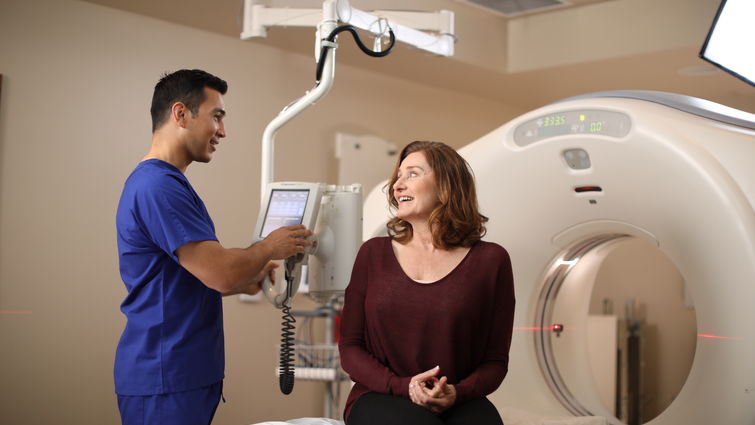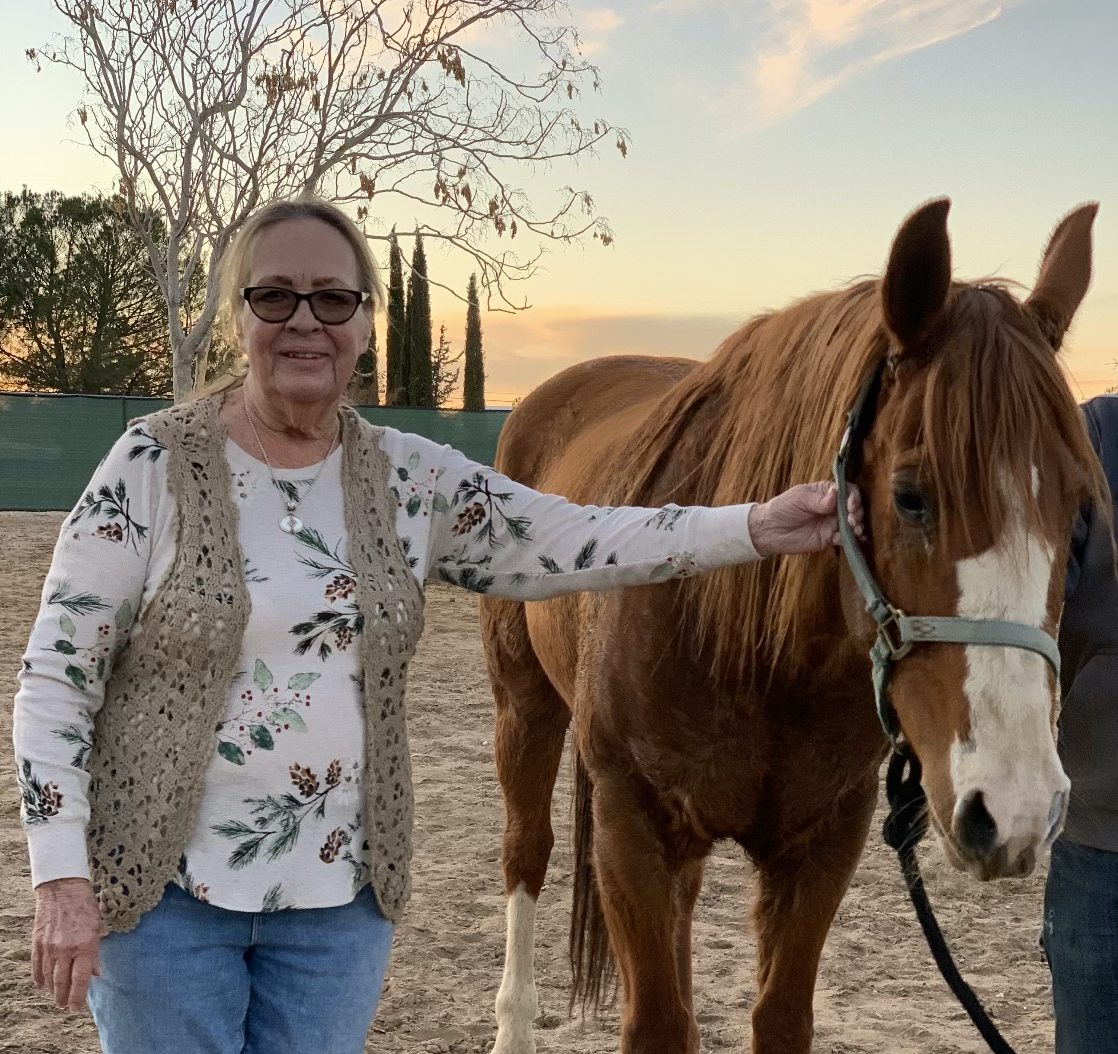
Lung cancer remains the deadliest cancer in the world for both men and women, according to the American Cancer Society. Screening for lung cancer is the most critical factor in determining a patient's long-term survival, quality of life, and ability to continue spending time with loved ones.
This National Cancer Prevention Month, Ara Chrissian, MD, FCCP, DAABIP, director of Adult Bronchoscopy and Interventional Pulmonology at Loma Linda University Health, outlines the basic must-knows and benefits of lung cancer screening for patients and their families.
Screening improves your chances of beating lung cancer
Chrissian says detecting lung cancer early is essential in determining a patient's chances for long-term survival. For instance, the five-year survival for common lung cancers caught at the earliest stage can be up to 90%, whereas five-year survival for lung cancer detected at its most advanced phase, stage IV, is about 10% or less.
 Echoing Chrissian’s message about early detection, 74-year-old Cheryl Taylor shares her first-hand experience with lung cancer risk and routine screening in hopes of motivating others to monitor their health and prolong time with loved ones. It has been over two years since Taylor ended her 55-year-long streak of smoking and started routine screening for lung cancer at Loma Linda University Cancer Center.
Echoing Chrissian’s message about early detection, 74-year-old Cheryl Taylor shares her first-hand experience with lung cancer risk and routine screening in hopes of motivating others to monitor their health and prolong time with loved ones. It has been over two years since Taylor ended her 55-year-long streak of smoking and started routine screening for lung cancer at Loma Linda University Cancer Center.
Mother of four, grandmother of eight, and great-grandmother of three, Taylor says she monitors her lung health for her family. “I want to keep being there for them and see more of my great-grandkids.”
No symptoms doesn’t mean you don’t need lung cancer screening
Chrissian says lung cancer is deadly because people often do not feel its symptoms until it has spread from the lungs throughout the body when the chance of a cure is low. Screening grants patients an opportunity to act proactively, detecting cancer before symptoms develop and thus heightening the chance for cure.
“By finding cancer early with lung cancer screening, a patient lives longer and enjoys their life more than if the cancer is caught at a later stage,” Chrissian says.
Taylor says she is working with Cancer Center care teams to keep a close eye on any signs of lung cancer. The retired chef and Redlands resident says she has felt more energetic in recent years. She enjoys attending symphony events, cooking her family’s favorite dishes like quiche and enchiladas, and traveling around Southern California in her brand new red Mini Cooper.
“Life is an adventure,” says Taylor, and she wants to keep going. She hopes to someday write a book about her life experience. In the meantime, she urges others at risk for lung cancer to get screened too so they may enjoy a better, longer life.
Talk to your doctor about whether you need screening
Lung cancer screening will help you if you are at increased risk for developing lung cancer, Chrissian says.
Risk factors for developing lung cancer include:
- individuals between the ages of 50-80 and with a history of tobacco smoking
- exposures to various substances such as radon, radiation, asbestos, and second-hand smoke
- underlying lung diseases such as COPD and a suppressed immune system
- a family history of cancer
Your doctor can let you know if you have other risk factors that may make lung cancer screening appropriate for you.
How to overcome anxiety about lung cancer screening
If you are a candidate for lung cancer screening but feel nervous about getting tested, then talking to your primary care physician or a lung specialist may help ease your worries, Chrissian says. They will review the process with you, go over the risks and benefits, and discuss details of any biopsies or surgeries should any become necessary in the future.
He also suggests involving your social support circle of friends, family, or spouse from day one in the screening process. “Remember, they can care about your health perhaps more than you do, and their encouragement through the lung cancer screening process may be the difference between life and death,” Chrissian says.
At clinic visits, loved ones can provide emotional support, help ask questions, remember the doctor’s advice, and track future appointments. The process of reaching comprehensive emotional, mental, and physical well-being is the most crucial step to preventing or beating lung cancer, Chrissian says.
At Loma Linda University Cancer Center, physicians are committed to providing patients with compassionate, comprehensive care that gives them the best opportunity to face and overcome cancer. To learn more about lung cancer care at the Cancer Center, please visit lluh.org/cancer-center/cancer-programs/lung-cancer-care.

